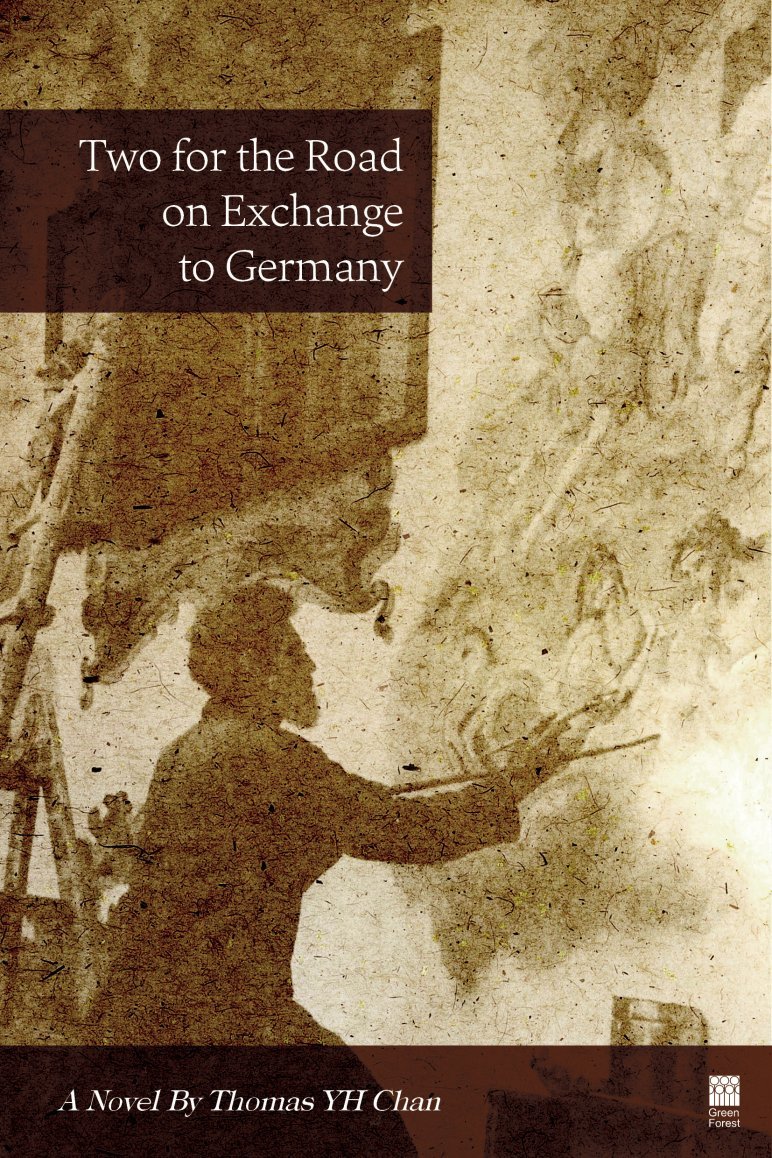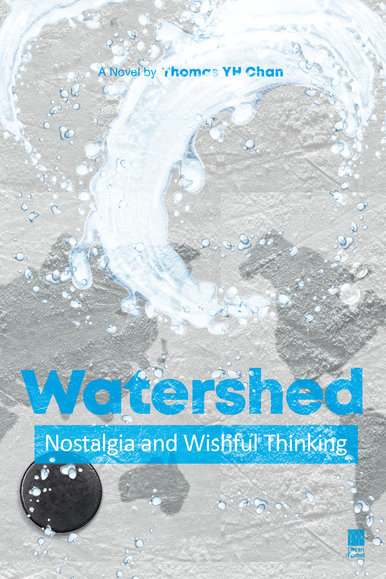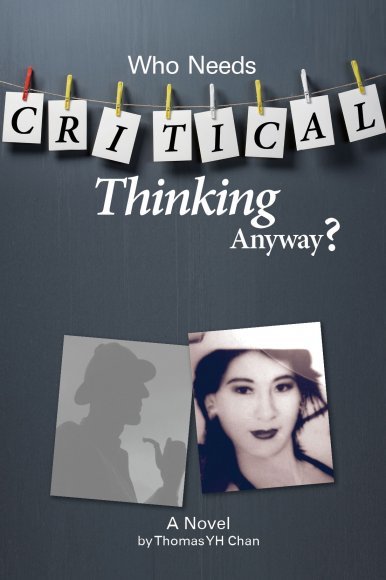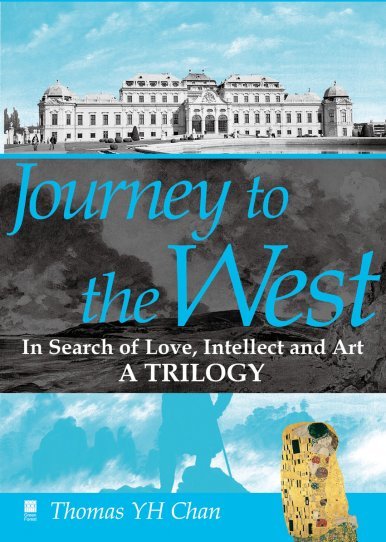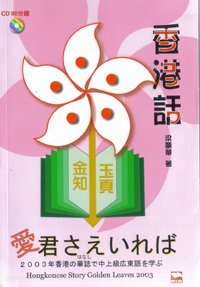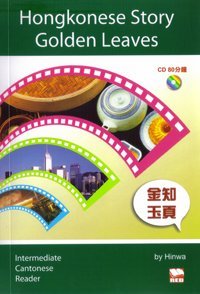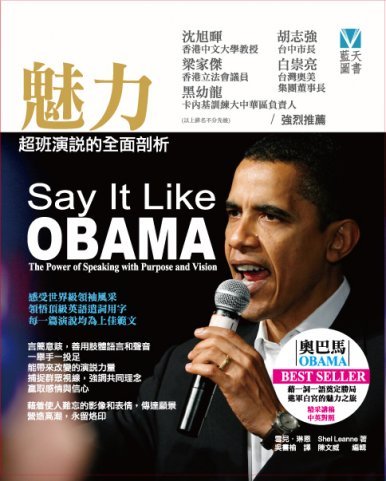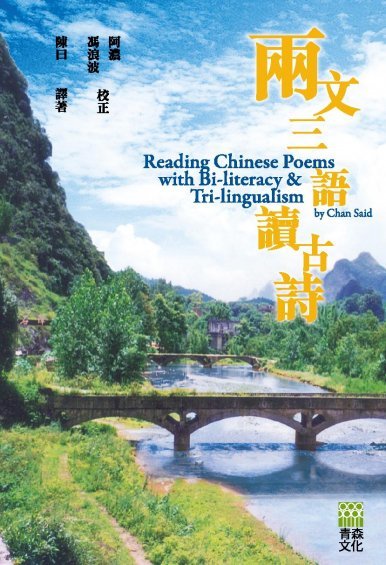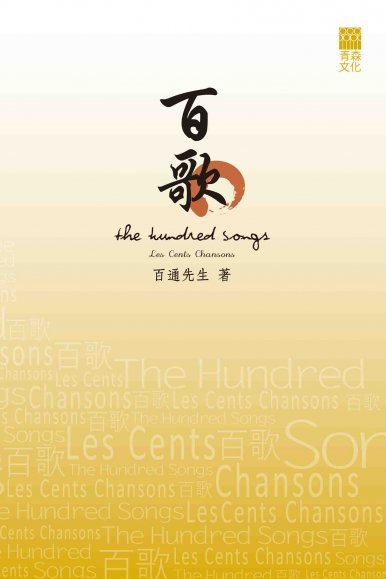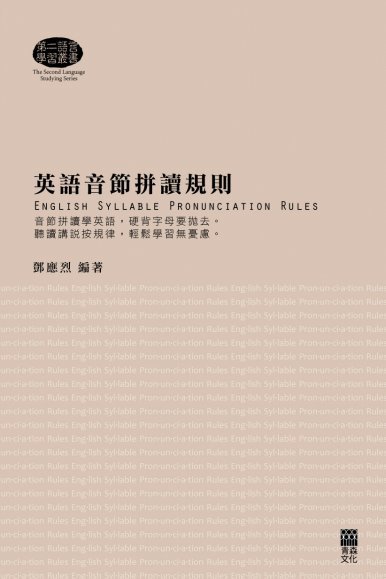This is a novel, not a text book, although the reader may like to use some of the content of this book for German language teaching or learning. This is a novel that is intended to serve a dual purpose: For reading pleasure and for picking up and/or boosting one’s existing knowledge of German. The book should be read chapter by chapter, starting from Part I all the way to the end of Part II, as the story and the progression of the language instruction and discussion follow a linear thread.
As far as the story goes, the reader will find the two main characters, William and Becky from Hong Kong, both college students who have just completed their first year of a degree programme and are now on exchange to University of Freiburg in Germany for a semester – August to December, which eventually turns out to be a bit longer, extending to end of February. This is part of an internationalization programme that they are going through and capitalizing on.
On arrival in Germany their first stop is not Freiburg, but Staufen – a small town tucked dreamily away from the main tourist route, about 80 kilometres from Freiburg. Staufen is famous for its beautiful landscape, situated in Schwarzwald (Black Forest, remember the cake?) close to the French and Swiss borders, for its mediaeval atmosphere (nicknamed Faust-Stadt), for its friendly inhabitants and above all for showing the world how a serious attempt to do good may turn into a disaster (more on this as we move along).
Why are William and Becky coming to Staufen, and not going to Freiburg directly? Staufen is the place where their CRASH GERMAN COURSE will be run by the Goethe-Institut there. Staufen is an ideal place for learning German and coming to grips with the basics of the language as they settle in and adapt to the lifestyle and condition there.
We will follow William and Becky in the story, as they sojourn and study at this famous key university in Baden-Württemberg. At Universität Freiburg they will learn and experience a lot about Germany and her culture: music, visual art, architecture, literature, philosophy, science and technology, and of course LIFE in general and the German higher education system and the romantic surrounding countryside. Their firsthand experience will become ours too, and we will master German as we go along.
And it will not just be about Germany either, because William and Becky will take short trips to France, Switzerland and Austria over the weekend and on public holidays, to get to know Europe a bit more within their limited time over there. Naturally, we will go with them to these places too.
As Part II unfolds it will become clear that emphasis is placed on what is called a DIY-Approach to teaching and learning German at a bit more advanced level, which it is hoped that similar or comparable attempts may be made by the reader to intensify his or her grasp of the language in a way that will prove profitable and enjoyable to himself or herself. William and Becky and all the other classmates on the course taught by Frau Frieda, who turns out as the novel progresses to be a very human and understanding if at the same time disciplined and strict teacher, really go out of their way to complete each DIY-task assigned by Frieda.
Naturally, these young people wouldn’t be able to sustain without entertainment or relaxation measures, and the teacher understands this very well. And so they are led to sing evergreen songs in German together with their teacher, who is gradually turning more into a friend than just a teacher and speaks her mind candidly to them on the day just before departure.
This novel has evolved from an earlier version of a novel-textbook that I wrote to help my students to achieve a reasonable grasp of German within a reasonably short time, with relative ease and some pleasure in the learning while evoking a sense of accomplishment in the process. At the same time, I tried to cultivate in my students on the course an appreciation of the culture and arts of the German-speaking countries. I hope to be able to achieve a similar result in this novel. To help the reader to make sense of some of the passages and dialogues in German, a translation of each of these can be found at the Appendix (Anhang) part of the book, in which a pool of useful supplementary learning materials can also be found in the Work Book (Arbeitsheft) for the interested reader to do follow up work.
Thomas YH Chan
Born into a middle class family in Hong Kong (whose forebears had migrated down to South China from Manchuria), Thomas YH Chan grew up under British colonial rule and western education, going to a Catholic elementary school and then to a public school for his secondary schooling before going to college in Germany, studying initially Physics and Mathematics and then switching to Logic and Philosophy. After spending two years of student life at the University of Heidelberg in the then West Germany, Thomas returned to Hong Kong on his father’s advice to complete a bachelor’s degree programme in German Literature and Philosophy at the University of Hong Kong (HKU). Right after graduation Thomas took up teaching as a tutor at the Department of Philosophy at HKU and on completion of the two-year contract continued his graduate studies in Philosophy at the University of Vienna from which he graduated with a doctorate.
As a returned student from Germany Thomas shouldered the responsibility of liaising with and looking after visiting foreign students to HKU, particularly ones from continental Europe. This continued well into the early years of his academic career, first at HKU and then later on at the Hong Kong Polytechnic University (PolyU) where he served for twenty long years as a Professor of German and English, before taking up his appointment as Head of Department of English at Hong Kong Chu Hai College of Higher Education, a local private postsecondary college, where he devoted ten long years to nurturing his students. Since May 2017 Thomas has been serving as Professor in the School of Humanities and Languages of Caritas Institute of Higher Education in Hong Kong.
In terms of language teaching Thomas has designed and taught courses in TESOL (Teaching English to Speakers of Other Languages) as well as in ESP (English for Specific Purposes), in particular Maritime English and Technical Writing for engineering students, owing largely to his science background and his interest in both technology and the fine arts.
Thomas got interested in the magic of words and literature at an early age and as an undergraduate soon began to write articles for the HKU student newspaper while serving at the same time as the newspaper’s secretary and assistant editor. He also contributed articles to local newspapers, most of which were on literary and philosophical issues and themes. As a graduate student at the University of Vienna Thomas had the opportunity to acquaint himself in-depth with European visual art and come to appreciate it, so much so that even today he is still giving lectures and designing courses on Western Art and Culture for his students.
To date, Thomas has written four novels, the first one on European culture, in particular visual art in Germany and Austria, titled 《Journey to the West - In Search of Love, Intellect and Art》 and the second one on logic and critical thinking, basically for his students, titled 《Who Needs Critical Thinking Anyway?》. The third novel titled 《Two for the Road on Exchange to Germany》 has evolved from Thomas’s effort to enable his students to acquire the basics of German through reading a novel, the story of two Hong Kong college students trying hard to master German while going on academic and cultural exchange to a key German university. To date, Thomas has written his fourth book titled 《Watershed: Nostalgia and Wishful Thinking》, published in March 2020, which is a departure from his former novels in that this is a book on politics, culture and the future of the world and Hong Kong.
- 目錄
- Foreword and Synopsis of the Novel (Vorwort und Kurzfassung des Romans)
- Part I (Teil I)
- 1 Arrival in Germany
- 2 German Dsicipline
- 3 Reporting for Class
- 4 The German Alphabet and Cardinal Numbers
- 5 Getting to Know Each Other Better over Coffee and Cakes
- 6 The Course Gets Tough
- 7 Weekend Gathering in Café Decker
- 8 Gender, Case, Number and Wishes and Obligations
- 9 Next Group of Hurdles on the Course
- 10 Intermezzo – Serious Gathering in Café Decker
- 11 Departing for Freiburg
- 12 Meeting Fellow Students in Freiburg
- 13 What a Feeling Communicating in German
- 14 Experiencing and Appreciating German Culture I: The German Higher Education System, German Literature and 4711
- 15 Experiencing and Appreciating German Culture II: Schloß Neuschwannstein
- 16 Berlin Today and Yesterday
- 17 Celebrating Christmas in Vienna
- Part II (Teil II)
- 18 Going Back to Staufen to Boost German OR Erinnern Sie sich daran, was Sie im letzten Kurs gelernt haben?
- 19 First Couple of DIY-Classes OR Wir besuchen Kochkurs und Schneidereikurs
- 20 DIY-Approach to Literary Appreciation OR Kurze Einführung in die Deutsche Literatur
- 21 19th Century German romantic Painting OR Nach Greifswald auf der Suche nach Caspar David Friedrich
- 22 Revisiting Vienna for Wittgenstein OR Ein Nachmittag in der Strömung des Wiener Kreises
- 23 The Waltz, Music and Subjunctive Mood in German OR Wien – Weltstadt der Musik
- 24 Which Film should we see? OR Deutsche und Österreichische Filme seit 1960
- 25 The Airbus Industries and How we Optimise our DIY-Classes OR Deutsche Technik und Unser Deutsches DIY
- 26 Frieda takes the Class to Outer Space OR Das Sonnensystem und Deutsche Astronauten im All
- 27 Learn German by Singing OR Lern Deutsch mit Deutschen Volksliedern
- 28 Finale – Auf Wiedersehen Ihr Freunde! Auf Wiedersehen Deutschland!
- Appendix (Anhang)
- Translations (Übersetzungen)
- Work Book (Arbeitsheft)
《Two for the Road on the Exchange to Germany》 攤位分享會
- 講者:
- Thomas YH Chan
- 時間:
- 2019年7月17日(三) 17:00 - 18:00
- 地點:
- 香港會議展覽中心 書展2019 紅出版攤位 1B-B26

 簡體中文 (即將支援)
簡體中文 (即將支援)
